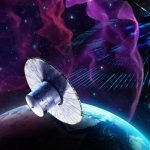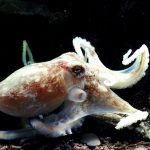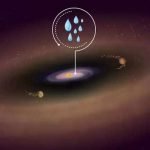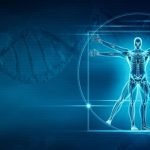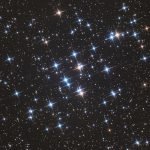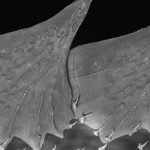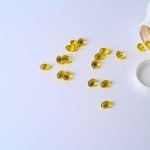Scientists create robo-turtle to help real baby turtles reach the ocean safely
Have you ever watched a sea turtle glide gracefully in the water and wondered how they do it?
These animals have a unique way of...
Scientists use supernovae to narrow the search for alien civilizations
When you’re searching the skies for signs of extraterrestrial intelligence, it’s not a bad idea to be aware of cosmic flares.
In a sense, that...
The octopus visual system is a lot like ours, shows study
Just like us, octopuses use a large part of their brains for vision – about 70%, to be exact.
But for a long time, we...
Why can’t we just tow stranded whales and dolphins back out to sea
On Tuesday night, a pod of almost 100 long-finned pilot whales stranded itself on a beach on Western Australia's south coast.
Over the course of...
Water detected in planet-forming disk, boosting habitability potential
The MINDS research collaboration, led by the Max Planck Institute for Astronomy (MPIA), has made a groundbreaking discovery: water in the inner region of...
Scientists discover the genes shaping our skeletons
You might wonder why we stand on two feet while our close relatives in the animal kingdom, like chimpanzees, don't.
Or why some people are...
Why are mosquitos so obsessed with me?
If you feel like mosquitos flock to you over everyone else at the barbecue… you’re not imagining it.
Some people are more attractive to mosquitos...
Astronomers uncover secrets of star evolution that might affect alien life!
Stars are more than just pretty points of light in the night sky.
They're incredibly complex, magnetic, and full of surprises, as a team of...
How ancient fish developed their protective scales and shaped evolution
Around 350 million years ago, the ocean was full of soft-bodied animals, including some that would eventually evolve into humans and all modern vertebrates.
These...
Scientists make fish-free omega-3 supplement from bacteria
An Australian omega-3 supplement made from environmental bacteria is being developed by a University of Sydney research affiliate in a collaboration between academia and...


